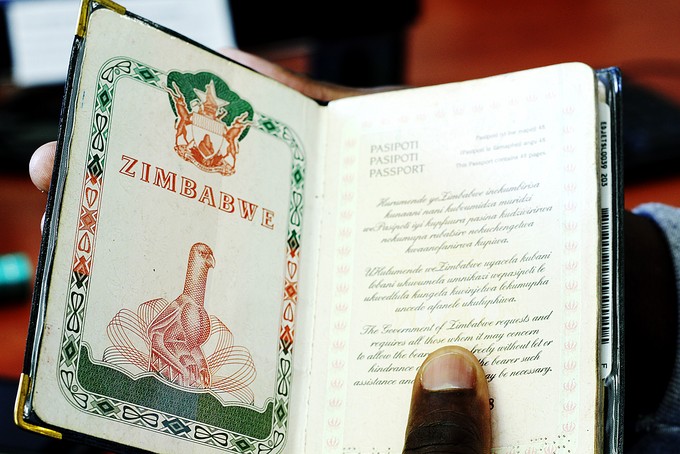Zimbabwean woman banned despite minister’s promise
A woman finds herself unable to re-enter South Africa even though she has the correct permit
Tracey (not her real name) was denied entry into South Africa at Beitbridge on 6 January 2016.
“I don’t know what to do, where to go … In South Africa, I have to pay my bills,” she says. “Really I will lose my job and since I am a single parent, who then will look after my children?”
Her children are aged 10 and 14. She was married for four years before her husband abandoned her.
Although Tracey appears to have followed all the correct procedures, she finds herself blacklisted and stuck outside the country, in what appears to be a problem of communication between the ministry, the department and the officials responsible for the border posts.
Tracey has worked and lived in South Africa since 2009.
She held the Dispensation of Zimbabweans Project (DZP) permit implemented in 2010 to regularize the stay of Zimbabwean foreign nationals in South Africa. When the DZP was replaced by the Zimbabwean Special Permit (ZSP), she applied for one on 3 October 2014.
Her Zimbabwean Special Permit reflects that it was issued by the Department of Home Affairs (DHA) on 13 November 2014, but she was not in possession of it when the festive season started that year.
However, the Minister of Home Affairs said that all Zimbabweans intending to travel home for the holidays would be able to do so even if their ZSP had not yet been issued – without any challenges, he said.
Confidently, Tracey made her plans.
“Like many other Zimbabweans in December 2014, I decided to go to Zimbabwe for the holiday so that I could spend it with my children,” she says.
But on 12 December 2014 at OR Tambo airport, she says the immigration officer serving her was not aware of the minister’s announcement.
“I was told I had overstayed … I showed them all the documents and receipts as proof that I had applied for the ZSP, but they were adamant.”
The official issued her with a Form 19, issued when a person has overstayed and is banned from re-entry; the official advised her to take it to the South African embassy in Zimbabwe and appeal.
She followed the procedure and appealed to the Home Affairs minister on 15 December 2014. She says she has not received any response.
On 30 December 2014, she returned to South Africa via Beitbridge.
“I produced all my proofs of ZSP application and I was allowed back into the country,” she says.
She then collected her ZSP permit (issued in November 2014) at the end of March 2015.
Once again, in 2015 for the Christmas holidays, she went back to Zimbabwe to spend time with her family.
But this time when she tried to return, at Beitbridge on 6 January 2016, she was denied entry into South Africa. The immigration officer stamped her Zimbabwean Passport with: ‘Refused Entry, V-list Code K’ even though she had the ZSP. He did not explain what the stamp meant.
“Her situation exposes the weakness of communication between Home Affairs head office and ports of entry and exit,” says Gabriel Shumba, lawyer and chairperson of the Zimbabwe Exiles Forum formed in 2003. “This anomaly could have been avoided if the officer had sought to consult head office. It is evident that the officer was either unwilling or grossly incompetent.”
According to Shumba, a V listing means one has over stayed in the country and may be banned for several years or even indefinitely.
The problem probably stems from the incident at OR Tambo. In response to GroundUp’s inquiry, Thabo Mokgola, DHA media liaison says the department was looking into the matter and would contact “the client” to resolve it.
Tracey meanwhile remains in Harare, Zimbabwe.
Update: 29 March. Home Affairs has waived the restrictions on her.
Support independent journalism
Donate using Payfast

Don't miss out on the latest news
We respect your privacy, and promise we won't spam you.
Next: Fill teacher posts, demand Port Elizabeth parents
Previous: Masiphumelele school promises to address students’ demands
© 2016 GroundUp. 
This article is licensed under a Creative Commons Attribution-NoDerivatives 4.0 International License.

